About
Climate Friendly Travel
Resources
Contact
Geoffrey Lipman, SUNx Co-founder info@thesunprogram.com
+32495250789
Today marks World's Wetlands Day – a day celebrated to raise awareness about the importance of wetlands for our lives and our world.
All over the work, we are surrounded by wetlands, including lakes, rivers, lagoons, and coral reefs. As a freshwater source, wetlands are a vital part of our ecosystem. Unfortunately, we currently face a growing freshwater crisis where humans use more freshwater than nature can replenish, destroying the ecosystem that water and all life depend on most – Wetlands.
This year's theme; "Wetlands and Water", shines a spotlight on wetlands as a freshwater source and encourages people to take action to restore and protect wetlands for a better future. In addition, and significantly compounding the problem there is the overarching threat of the Climate Crisis with its extreme unpredictable hurricanes, cyclones, and typhoons, that lead to dramatic flooding and ecosystem destruction. This is clearly of critical concern to SUNx Malta as we look at the way Travel & Tourism will intersect with Wetlands and Water development in a Sustainability and Climate Resilience framework (see below).
Why are wetlands in danger?
In many countries, ' wetland ecosystems have been damaged by humans. For example, Kerala, a state in India, suffered devastating floods causing significant negative impacts on the ecosystem and the local population. Hydrologists have claimed this was caused by backwaters having been drained in the past century – to create rice fields and make way for development.
These land reclamation projects took away the capacity of the backwaters to absorb floods. But not only India has suffered this, but research also demonstrated that from the 1950s to the 2000s, China lost 53% of its temperate coastal ecosystems, 73% of its mangrove forests, and 80% of its coral reefs, mainly because of vast levels of development and land reclamation (Xiaojing; Jianbin, 2020).
There is an abundance of evidence that our wetlands are disappearing and that those remaining are in danger. If our ecosystem is in danger, so are we. Hence, we need to act now.
But how can we preserve wetlands?
According to key findings from the Global Wetland Outlook (GWO): "Perverse incentives for farmers and businesses such as subsidies for agriculture that encourage wetland conversion or pollution should be ended". Instead, GWO recommends using existing funding mechanisms to apply economic and financial incentives for communities and businesses to protect wetlands through tax benefits.
New projects to enhance wetlands all over the world are vital. An example of this is Rewilding Europe, which is removing ten obsolete dams from the Kogelnik River in the Ukrainian part of the Danube Delta. Another way to help wetlands preservation is by educating people about the importance of their role and the critical issues their loss would lead. By sharing this article, you are raising awareness!.
What will be the future of wetlands?
Global Climate Change is the biggest threat that the planet is currently facing, and it will have pronounced effects on wetlands through alterations in hydrological regimes and most specifically drastic flooding. Due to its complexity, as every wetland must be assessed differently depending on its location, Travel & Tourism companies and communities must take climate change into account when engaging in development or restoration projects. Moreover, policymakers must promote wetland restoration as part of Climate Change adaptation and mitigation strategies. Some of these approaches can be found as part of the Strategy Hub, on our Climate Friendly Travel Registry. If we do not put in place the right mitigation strategies the most remarkable protected wetlands all over the world will be affected in places as diverse as the Pantanal (Brazil), the Camargue (France), the Tonle Sap (Cambodia) and The Everglades (USA) (UNESCO). For a better world for our children, the time to act is now.
Sources: Rewilding Europe, World Wetlands Day, China Dialogue Ocean, Global Wetland Outlook, Unesco.